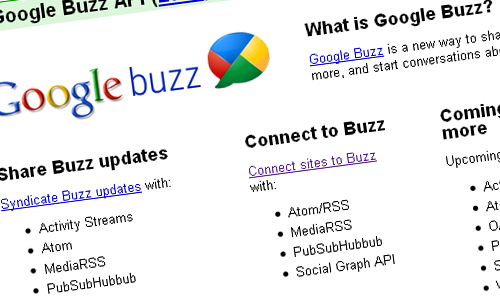Greenpeace has launched an effort to pressure Facebook to stop polluting with coal, but Facebook counters by saying its newest data center will be a model energy efficiency.
On Wednesday, Greenpeace executive director Kumi Naidoo sent a letter sent to Facebook CEO Mark Zuckerberg, urging him to take steps to lighten Facebook's environmental footprint.Naidoo said that the environmental watchdog group was dismayed by Facebook's plans to build a large data center in Prineville, Oregon. Due to Facebook's rapid growth, that facility will be twice as large as first anticipated and the local utility runs an "electricity mix that is disproportionately powered by coal, the largest source of global warming pollution," Naidoo wrote.
Since February, meanwhile, Greenpeace has been running an "Unfriend Coal" protest on Facebook that has gathered more than 500,000 people. Backed by its supporters, Greenpeace wants Facebook to commit to phasing out coal-powered electricity, lobby for climate change and clean energy policies, and disclose its greenhouse gas emissions inventory.
On Thursday, Facebook's director of policy communications, Barry Schnitt, responded, saying that Facebook's planned Oregon facility was chosen with energy efficiency in mind. Also, he noted that Facebook, like any other company, doesn't have control over the fuel source for its electricity.
It's true that the local utility gets 58 percent of its power from coal, compared to a national average of about 50 percent, Schnitt said. But the location was chosen because of its temperate climate, which allows Facebook to use more efficient evaporative coolers rather than the traditional power-hungry mechanical chillers.
Also, by consolidating into a single location, rather than leasing space at various locations, Facebook can design for efficiency. He said that the Oregon facility will have a Power Usage Effectiveness rating of 1.15, far below the industry averages for efficiency. Google, considered an industry leader, was about 1.17 in the past quarter.
"We strongly believe that the best way to minimize our impact is to concentrate on efficiency and building servers that work towards that goal," Schnitt wrote.
The director of Greenpeace's Cool IT program then responded to Schnitt, arguing that Facebook and other Internet providers need to take a more active stance on energy policy.
"Efficiency is certainly important, but is only the beginning of taking responsibility for your rapidly growing energy and environmental footprint," wrote policy analyst Gary Cook.
The back-and-forth, done publicly to maximize exposure of the anticoal campaign, sheds some light on the reality of procuring huge amounts of electricity to run data centers.
Google, Facebook, Yahoo and others are investing billions of dollars to build out data centers to meet growing demand for Web services, adding to the pollution from computing.
Given that energy is a cost, these Web providers have a financial motivation to use as little electricity as possible. That, and growing environmental concerns, has led to designs that optimize cooling, which is about half the energy used in data centers.







